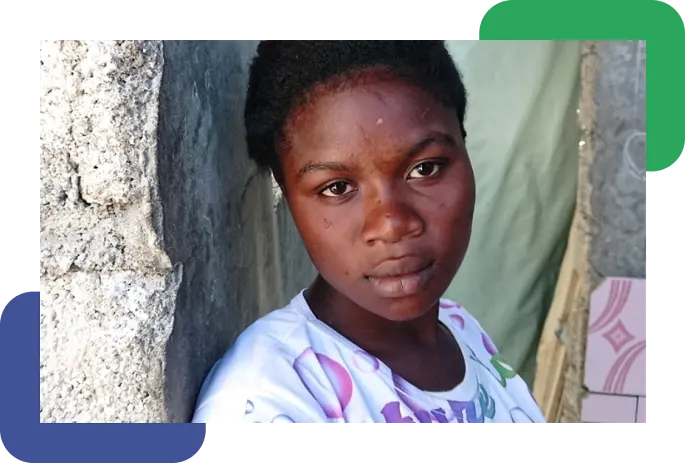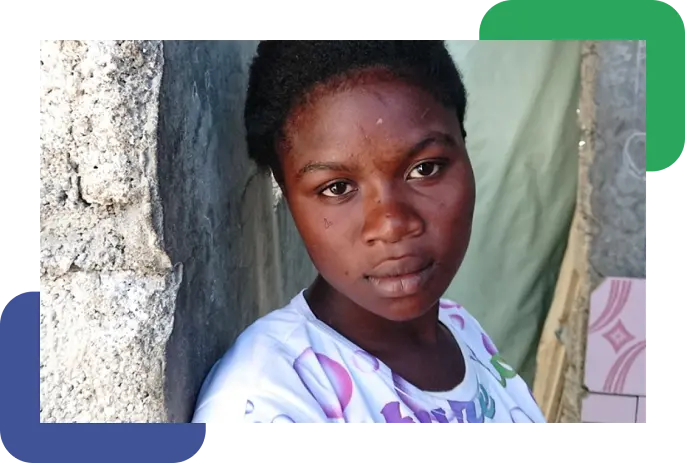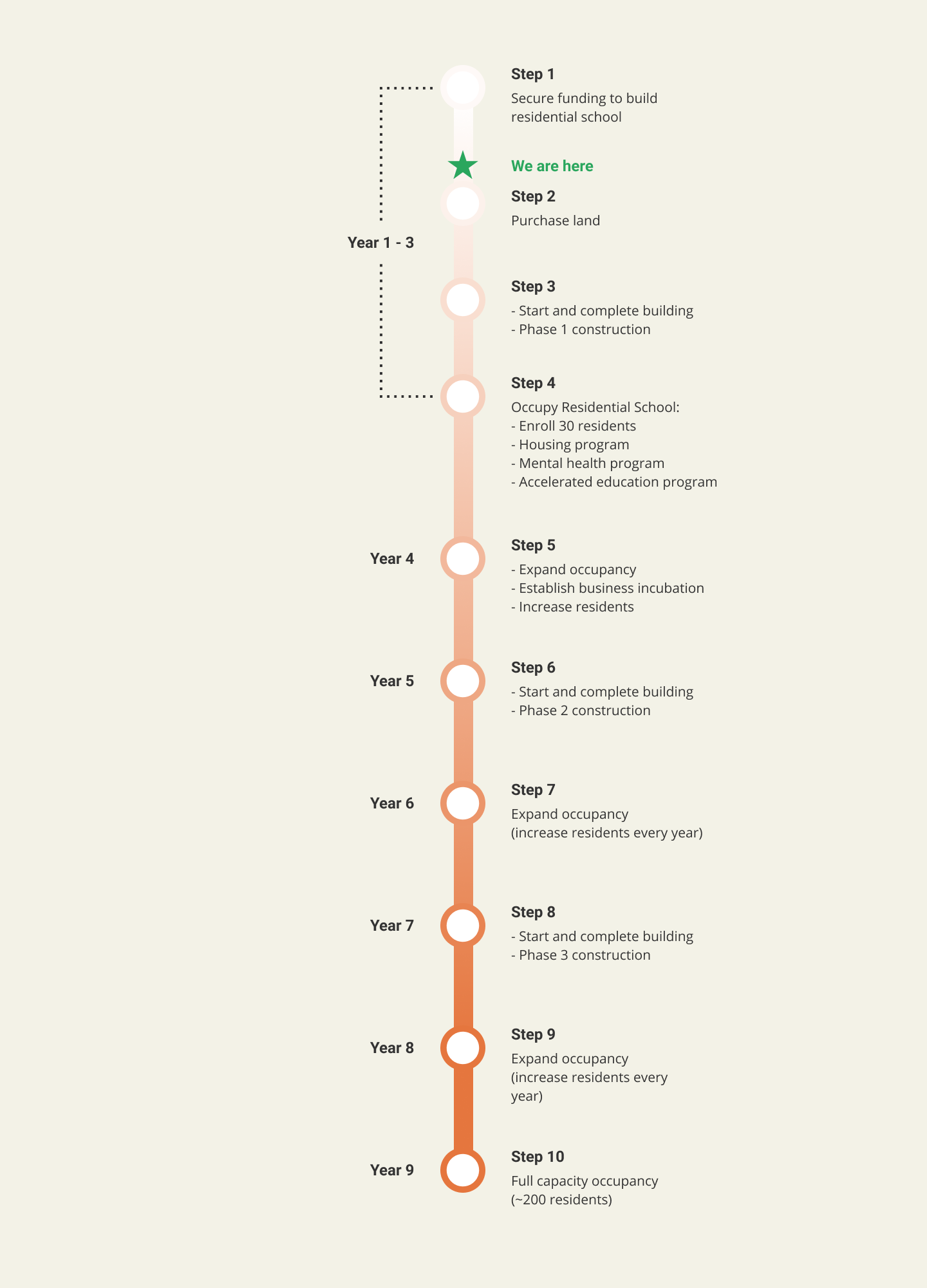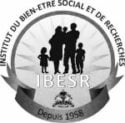Help Children in Servitude
We’re building a life-changing solution for girls in extreme poverty. Join us today!
Our Mission
Haiti Now empowers Haitian girls living in domestic servitude to overcome poverty and achieve economic security.
What is The Meaning of Restavek?
Child domestic servants who work strenuous hours in exchange for food and shelter are referred to as “Restavek”.
“Restavek” is a Creole term that stems from the French words “rester avec,” meaning “to stay with”.
These children are isolated from their families, socially marginalized, neglected, and exploited. They experience emotional, physical, and sexual abuse.
The Restavek practice denies many children their freedom to develop, both personally and professionally.



Girls In Domestic Servitude
Poor and desperate parents, mostly from rural areas, send their children to “stay with” host families. For many such children, however, the promise of education and a better future never comes true. Instead, they become Restavek.
A clear power difference separates Restavek from their hosting family members. Viewed as servants inferior to the rest of the family, even young children are expected to perform difficult house chores beyond their physical capacities. If they fail to complete a task, their guardians abuse or punish them.
Due to the dangerous work and physical abuse, most Restavek children have permanent scars on their backs, necks, arms, legs, and heads. Restavek may be as young as 6 years old, but most are 13 years old.
Why We Need Your Help
To Build The Housing & Learning Center
Security
Children in domestic servitude are exploited for shelter and food.

Safe House
Our residential school will provide food and shelter to Restavek girls. Our facilities will be staffed with vetted caretakers who ensure the children’s safety.
Education
Children in domestic servitude do not progress in education.

Accelerated Education
The residential school’s education program offers a sixth-grade diploma in only three years. Our teachers will access ongoing training to best lead our girls.
Health
Children in domestic servitude suffer from emotional trauma, low self-worth, and a despairing outlook.

Mental Health
We will offer both physical and mental health support to our students with trauma-informed care specialists. This will include medical care and vaccinations.
Income
Children in domestic servitude are in extreme poverty and socially marginalized.

Business Incubation
As part of our curriculum, we will have a 2 year business incubation program. It educates and mentors our girls on how to start and run potential businesses.
Survivors' Stories
Shown below are videos featuring survivors of domestic servitude sharing their experience.
Testimonials
“I want to tell you how you helped me with the school year. You guys lent me books even though I didn’t have any money.”
“I volunteered with Haiti-Now for more than a year. The CEO was dedicated and passionate about the cause. He inspired me to be a person that valued the cause and strive to make a difference in the lives of the Restavek children.”
Housing & Learning Center Milestones


We are fundraising to build the Housing & Learning Center
We plan to build a purpose-built facility in three phases. The facility will incorporate housing, education, mental health support, and business incubation. These programs will provide opportunities for self-empowerment and a transition out of extreme poverty and Restavek.
Please donate or raise money to fund the Housing & Learning Center for girls in domestic servitude.
Rally support from your friends and family using one of our platforms below and customize it to the goals you want.

























